If you're a fan of 'The New Adventures of Flash Gordon (1979)' and its thrilling mix of sci-fi adventure, intergalactic battles, and classic heroism, you're in for a treat! This article explores 10 similar movies and TV shows that capture the same spirit of cosmic escapades, daring heroes, and retro-futuristic charm. Whether you're nostalgic for Flash Gordon's adventures or just love action-packed space sagas, these picks will keep you entertained.
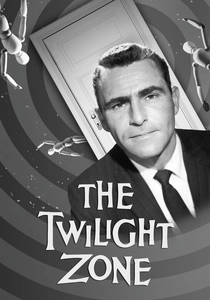
The Twilight Zone (1959)
Description: An anthology series that explores strange, otherworldly, and often thought-provoking scenarios, similar to the mysterious and fantastical elements found in space adventures.
Fact: The iconic opening narration, 'There is a fifth dimension beyond that which is known to man,' is one of the most recognizable in television history. The show has been rebooted multiple times due to its enduring popularity.
 Watch Now
Watch Now 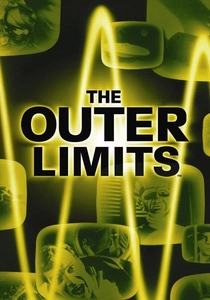
The Outer Limits (1963)
Description: A sci-fi anthology series that delves into bizarre and often terrifying extraterrestrial encounters, mirroring the suspense and wonder of space exploration.
Fact: The show's famous opening line, 'There is nothing wrong with your television set,' was designed to unsettle viewers. It often featured stories that were more horror-oriented than its contemporary, The Twilight Zone.
 Watch Now
Watch Now 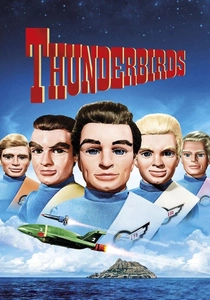
Thunderbirds (1965)
Description: A puppet-based series about a high-tech rescue team, blending futuristic technology with thrilling missions, much like the heroic endeavors in space adventures.
Fact: The show was created using a technique called 'Supermarionation,' which combined marionettes with electronic lip-sync. It has inspired numerous reboots and adaptations.
 Watch Now
Watch Now 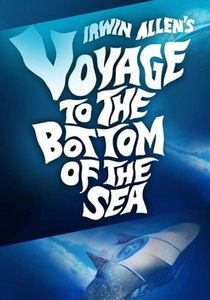
Voyage to the Bottom of the Sea (1964)
Description: A series set in a high-tech submarine exploring the depths of the ocean, paralleling the exploration of unknown frontiers in space.
Fact: The show was based on the 1961 film of the same name. It was one of the first TV series to feature a nuclear-powered submarine as its central setting.
 Watch Now
Watch Now 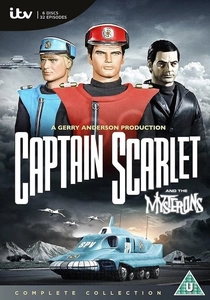
Captain Scarlet and the Mysterons (1967)
Description: A sci-fi series featuring advanced technology, alien threats, and a nearly indestructible hero, echoing the themes of resilience and futuristic warfare.
Fact: The show was another Supermarionation production by Gerry Anderson. Captain Scarlet was unique for its darker tone compared to other children's shows of the time.
 Watch Now
Watch Now 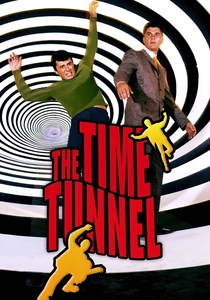
The Time Tunnel (1966)
Description: A series focused on time travel and historical adventures, capturing the excitement and unpredictability of journeying through different eras.
Fact: The show was another production by Irwin Allen and featured a mix of historical and futuristic settings. Despite its short run, it has gained a cult following over the years.
 Watch Now
Watch Now 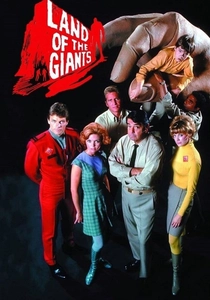
Land of the Giants (1968)
Description: A series about humans stranded in a world where everything is gigantic, offering a unique twist on the survival and adventure themes common in sci-fi.
Fact: The show was created by Irwin Allen, known as the 'Master of Disaster' for his work on disaster films. The giant props and sets were meticulously crafted to create a sense of scale.
 Watch Now
Watch Now 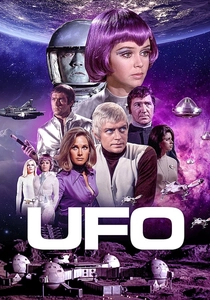
UFO (1970)
Description: A series about a secret organization defending Earth from alien invasions, combining action, sci-fi, and a Cold War-era paranoia.
Fact: The show was Gerry Anderson's first live-action series after years of working with puppets. It was set in the 'near future' of 1980 and featured futuristic designs and costumes.
 Watch Now
Watch Now 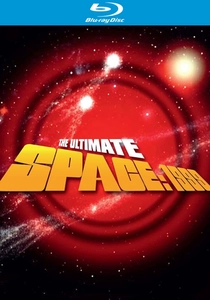
Space: 1999 (1975)
Description: A science fiction series featuring futuristic technology, space exploration, and encounters with alien civilizations, much like the adventurous spirit of space-bound narratives.
Fact: The show was one of the most expensive British TV series of its time, with elaborate sets and special effects. It was also produced by the same team behind Thunderbirds.
 Watch Now
Watch Now 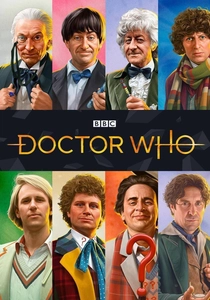
Doctor Who (1963)
Description: A long-running series centered around time travel, alien encounters, and heroic adventures, embodying the essence of classic sci-fi storytelling.
Fact: The show holds the Guinness World Record for the longest-running science fiction television series. The TARDIS, the Doctor's time machine, is famously bigger on the inside.
 Watch Now
Watch Now 








